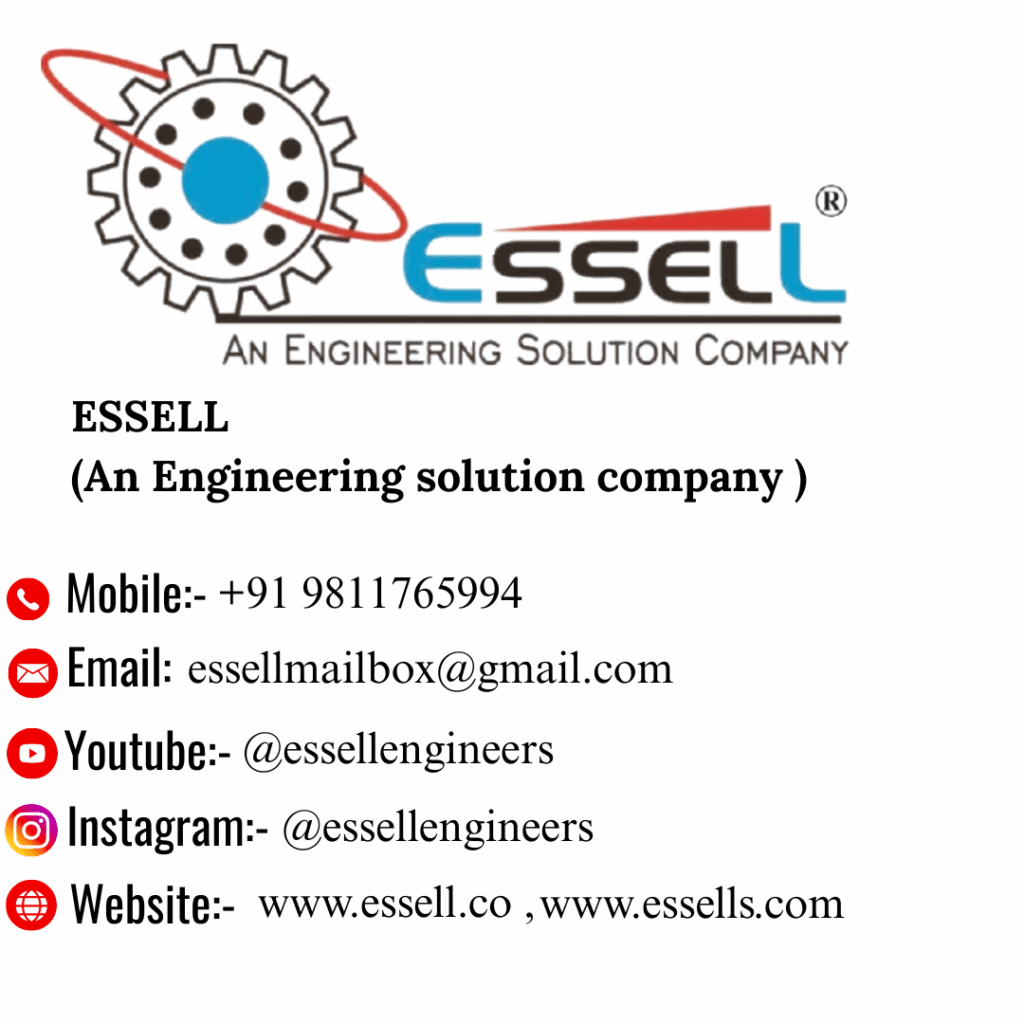In today’s competitive market, getting products into retail stores is not just about creating something innovative — it’s about meeting a wide range of retailer requirements. One of the most critical aspects of this process is securing the necessary product approvals. Retailers today demand not only high-quality goods but also proof that the products comply with specific regulatory standards and certifications. Without these approvals, manufacturers risk delayed launches, rejected shipments, and lost sales opportunities.
Retailers prioritize product approval because it assures them that the goods they are selling meet national and international safety, quality, and performance standards. Product approvals can vary depending on the type of product and the region where it will be sold. For example, electronics may require BIS Certification in India or CE marking in Europe, while food items may need FSSAI licensing or FDA approvals. These certifications protect consumers and retailers from legal liabilities and help maintain brand trust in an increasingly regulated world.
Manufacturers must approach product approvals strategically to align with retailer expectations. Early-stage planning is crucial — this means understanding which certifications are mandatory, how long the approval process takes, and whether the product design needs adjustments to meet certain standards. Many large retailers even maintain their own compliance checklists that suppliers must fulfill before a product is considered for their shelves. Failing to meet even one requirement could derail months of hard work.
Another layer to consider is industry-specific approvals. For instance, toys often require ISI marking in India, textiles might need Oeko-Tex certification, and energy-consuming appliances require BEE star labeling. Each industry has its own set of mandatory and voluntary certifications, and often, retailers prefer or mandate that products possess additional optional certifications to offer greater assurance to their customers.
Having proper certifications also helps in marketing. Retailers are more likely to promote and feature products that carry recognizable marks of approval. These certifications serve as an endorsement of quality, which can differentiate a product from the competition and build instant credibility with both retailers and consumers.
Obtaining approvals also reflects a company’s commitment to regulatory compliance and quality management. Many retailers work only with partners who can demonstrate strong operational discipline — having all necessary product certifications readily available is a key signal of professionalism. In addition, maintaining updated records of these certifications facilitates quicker onboarding with new retailers and simplifies expansion into different markets.
A critical and often overlooked aspect of product approval is the need for specific Model Approval Certificates, especially for products like weighing instruments, meters, and certain types of equipment. In India, the Legal Metrology Department requires Model Approval before such products can be sold commercially. Agile Regulatory, a trusted name in product certification services, offers expert guidance in securing Model Approval Certificates efficiently. Their team ensures that product samples are tested as per the Legal Metrology standards, documentation is accurately completed, and the approval process is smoothly navigated, helping manufacturers meet retailer requirements without unnecessary delays.
In conclusion, obtaining the right product approvals is no longer optional — it’s an essential part of meeting retailer requirements and securing a strong position in the market. Manufacturers who plan ahead, stay informed about industry standards, and work with experienced certification consultants can not only streamline their entry into retail but also build a strong foundation for long-term success. Partnering with organizations like Agile Regulatory can simplify the complex approval process, allowing businesses to focus more on innovation and growth while confidently meeting all regulatory expectations.









